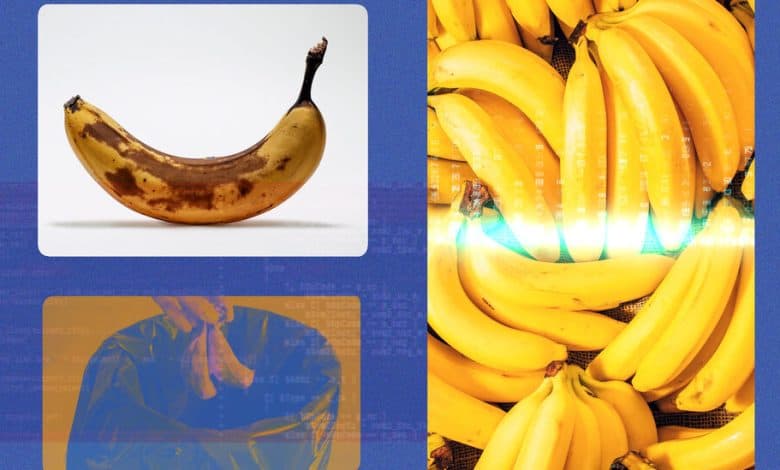A.I. Is Spying on the Food We Throw Away


CreditCredit…The New York Times
A hotel chain installs a camera in its trash bins to spy on what guests are tossing. Turns out its breakfast croissants are too big. Many are going to waste — along with profits.
A supermarket can suddenly see, hidden in its own sales data, that yellow onions aren’t selling as fast as red onions and are more likely to be trashed.
The brains behind both of these efforts: Artificial intelligence.
It’s part of an emerging industry that’s trying to cash in on a senseless human problem: The huge amounts of uneaten food that go from supermarkets and restaurants to the dumpster. Much of that, if it’s not composted, ends up in landfills where it decays, sending potent planet-warming greenhouse gases into the atmosphere.
Enter a new business opportunity. A company called Winnow has developed the A.I. tool that spies on restaurant garbage. Another, company, Afresh, digests supermarket data to look for wasteful mismatches between what a store is stocking, and what people are buying.
A.I. has a dirty environmental footprint of its own. Crunching huge amounts of data requires huge amounts of electricity. Nor can A.I. (yet) alter what the human brain has come to expect in modern, industrial societies: an abundance of fresh avocados at the supermarket all year, an ever-expanding variety of tiny plastic yogurt cups, heaving platters of nachos on happy hour menus.
Food waste is a big problem
The two companies are part of an emerging industry trying to address a problem created by the modern food industry. In the United States, a third of food that’s grown is never eaten.
